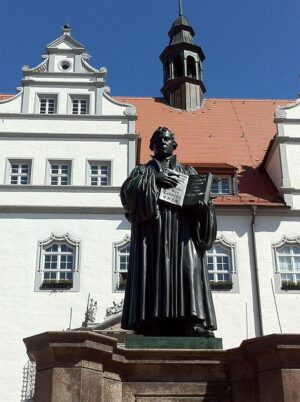Theses and dissertations require precise, culturally sensitive translations for global recognition, preserving structure and academic integrity. Choose reliable services specializing in higher ed documents with expertise in field-specific terminology and legal certification. Certification involves rigorous review by trained examiners ensuring originality, citations, and subject mastery. Effective communication, clear instructions, and proofreading are crucial for high-quality translations that meet academic standards.
Looking to translate and certify your theses or dissertations? Navigating this process can be daunting, but it doesn’t have to be. This comprehensive guide breaks down everything you need to know. From understanding specific translation needs for academic works to choosing reliable services and ensuring certification accuracy, we provide actionable tips to streamline your journey. Effective communication with translators is also key; learn how to collaborate successfully. Master these aspects, and you’ll seamlessly transform and validate your academic achievements.
- Understanding Thesis and Dissertation Translation Needs
- Choosing the Right Translation Services for Academic Works
- The Certification Process: Ensuring Accuracy and Authenticity
- Tips for Effective Communication with Translators
Understanding Thesis and Dissertation Translation Needs
The translation and certification process for theses and dissertations is a crucial step for academic researchers aiming to reach a global audience. These scholarly works, often containing complex language and specialized terminology, require precise and culturally sensitive translations to ensure their meaning and integrity are preserved. Understanding the unique needs of theses and dissertations is essential in this process.
Academic writers must consider the target audience and purpose of their work when translating. Whether it’s for international academic review, publication, or job applications, each context demands a tailored approach. Professional translation services should be equipped to handle technical languages like science, engineering, law, and humanities, ensuring accuracy and terminology consistency across languages. Effective translation also involves preserving the original structure, arguments, and flow of ideas, making it a delicate process that requires expert handling.
Choosing the Right Translation Services for Academic Works
Selecting a reliable translation service is paramount when it comes to translating and certifying theses and dissertations. With academic works carrying significant weight in academia, accurate and culturally sensitive translations are essential. Look for providers specializing in higher education documents, ensuring they have expertise in handling complex terminology specific to your field of study.
Reputation and experience matter; opt for a service with proven track records and positive feedback from previous clients. The ability to adapt to different academic styles and formatting requirements is another critical factor. Reputable translation companies will also offer certification services, ensuring your documents meet the necessary legal standards for submission.
The Certification Process: Ensuring Accuracy and Authenticity
The process of certifying theses and dissertations is a crucial step in ensuring academic integrity and the quality of research. It involves a meticulous review to verify the work’s authenticity, originality, and adherence to academic standards. This certification guarantees that the document meets the required criteria for graduation or publication.
During certification, trained examiners carefully examine the content, structure, and formatting of theses and dissertations. They check for plagiarism, proper citation, and reference styles, ensuring the work is an original contribution to the field. The process also involves verifying the candidate’s understanding of their subject matter and research methodology. This multi-faceted approach guarantees that certified theses and dissertations represent accurate and reliable academic achievements, fostering a culture of scholarly excellence.
Tips for Effective Communication with Translators
Effective communication is key when translating academic works like theses and dissertations. Here are some tips to ensure a smooth process:
First, provide clear instructions and context. Translators need to understand the purpose and target audience of your work. Include any specific terminology or references that must be maintained. Secondly, be responsive to queries. Translators may have questions about unclear passages or require clarification on certain terms. Promptly addressing these issues will ensure a more accurate translation. Additionally, proofread the initial draft meticulously. While professional translators are skilled, identifying and rectifying errors early ensures a higher-quality final product, especially for your academic credibility.
Translating and certifying theses and dissertations is now more accessible than ever, offering academic writers peace of mind. By understanding your specific needs, selecting reputable translation services, and effectively communicating with translators, you can ensure a smooth process. Remember, the right support can transform your academic work’s global impact, making it accessible to a diverse audience.
